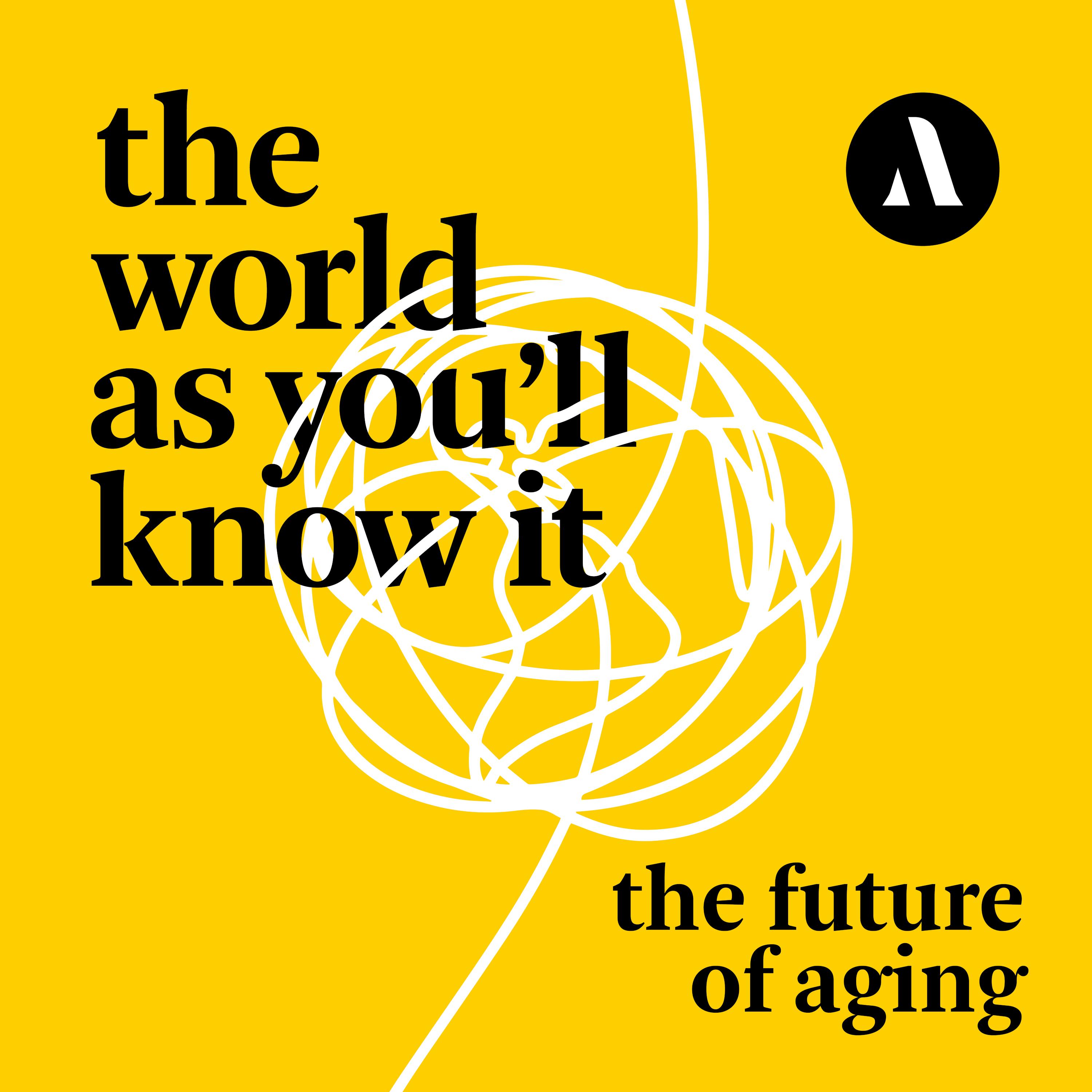The World as You’ll Know It: The Future Of Aging
By Aventine
Listen to a podcast, please open Podcast Republic app. Available on Google Play Store and Apple App Store.
Image by Aventine
Category: Technology
Open in Apple Podcasts
Open RSS feed
Open Website
Rate for this podcast
Subscribers: 171
Reviews: 0
Episodes: 56


Description
Human beings are living longer than ever. Thanks to advances like vaccines, antibiotics, pasteurized milk and clean water, we’ve added more than 30 years to the average lifespan over the last 120 years. That’s more than was added in the previous 10,000 years combined. More recently, enormous progress has been made in our treatment of deadly conditions like heart disease and cancer, with mortality rates for each dropping by double digits. Now science is tackling a new challenge: Can we cure aging itself? In pursuit of this holy grail, longevity research has gone from a sleepy backwater to a multi billion dollar field, populated — yes — by plenty of hucksters, but also by Nobel laureates. The goal is to find out what causes us to age and what we can do to slow it down, or maybe even reverse it altogether. Could tweaking the right molecule buy us 20 more years, or are we maxed out? Can older brains be re-wired to function like younger brains? Do any so-called biohacks actually work?
These are some of the questions we are tackling in this season of The World as You’ll Know It: The Future of Aging. With leading scientists in the fields of biology, neuroscience and medicine, we’ll look at the cutting-edge of aging research and what living longer could mean for all of us.
| Episode | Date |
|---|---|
|
Getting the Most From Our Extra 30 Years
|
Jul 01, 2025 |
|
How to Be a Super Ager, with Eric Topol
|
Jun 24, 2025 |
|
Why Women Live Longer Than Men
|
Jun 17, 2025 |
|
Why Haven’t We Solved Alzheimer’s?
|
Jun 10, 2025 |
|
We’re Underestimating Older Brains
|
Jun 03, 2025 |
|
The Truth About Biohacking
|
May 27, 2025 |
|
The Billion Dollar Bet: Will Humans Live to 150?
|
May 20, 2025 |
|
Introducing: The Future of Aging
|
May 19, 2025 |
|
Can We Pull Carbon Out of the Air?
|
Aug 13, 2024 |
|
Has the Moment for Hydrogen Finally Arrived?
|
Aug 06, 2024 |
|
Keeping Cool Without Warming the Planet
|
Jul 30, 2024 |
|
Is the U.S. Ready for a New Nuclear Age?
|
Jul 23, 2024 |
|
The Great American Road Trip, Reimagined
|
Jul 16, 2024 |
|
Climate Change and the Surprising Success of Solar Power
|
Jul 09, 2024 |
|
Introducing: The Great Rebuild
|
Jun 25, 2024 |
|
The Race to Control AI
|
Aug 29, 2023 |
|
When Bots Become Our Friends
|
Aug 22, 2023 |
|
AI Took My Career!
|
Aug 15, 2023 |
|
How AI Will Turbocharge Misinformation
|
Aug 08, 2023 |
|
Can AI Make You Laugh?
|
May 16, 2023 |
|
What Happens When AI Takes The Wheel?
|
May 09, 2023 |
|
Watson Part 2: How IBM’s Big Bet Failed
|
May 02, 2023 |
|
Watson Part 1: And the winner is…Watson!
|
Apr 25, 2023 |
|
Humans vs. Machines with Gary Marcus
|
Mar 07, 2023 |
|
05: The Future of Psychedelics in Healthcare
|
Sep 13, 2022 |
|
04: Outsmarting Chronic Pain
|
Sep 06, 2022 |
|
03: Technology and Mental Health Care
|
Aug 30, 2022 |
|
02: Solving the Mysteries of Alzheimer’s
|
Aug 23, 2022 |
|
01: Unlocking The Brain: How Computers Can Read Our Thoughts
|
Aug 16, 2022 |
|
Season Three: The Future of the Brain with Judith Warner
|
Aug 16, 2022 |
|
06: How Governments Can Shape Technology
|
Sep 28, 2021 |
|
05: The Likelihood and Risks of Superintelligent Machines
|
Sep 21, 2021 |
|
04: Artificial Intelligence in Everyday Life
|
Sep 14, 2021 |
|
03: How Business Models Have Shaped Big Tech
|
Sep 07, 2021 |
|
02: Our Brains and Technology
|
Aug 31, 2021 |
|
01: The Future of Social Media
|
Aug 24, 2021 |
|
Season Two: The Future of Technology with Kurt Andersen
|
Aug 23, 2021 |
|
05: The Future of Cities
|
Oct 29, 2020 |
|
04: The Future of Higher Education
|
Oct 22, 2020 |
|
03: The Future of Economic Policy
|
Oct 15, 2020 |
|
02: The Future of Work
|
Oct 08, 2020 |
|
01: The Future of Climate Change
|
Oct 01, 2020 |
|
Introducing: The World As You'll Know It
|
Sep 16, 2020 |
